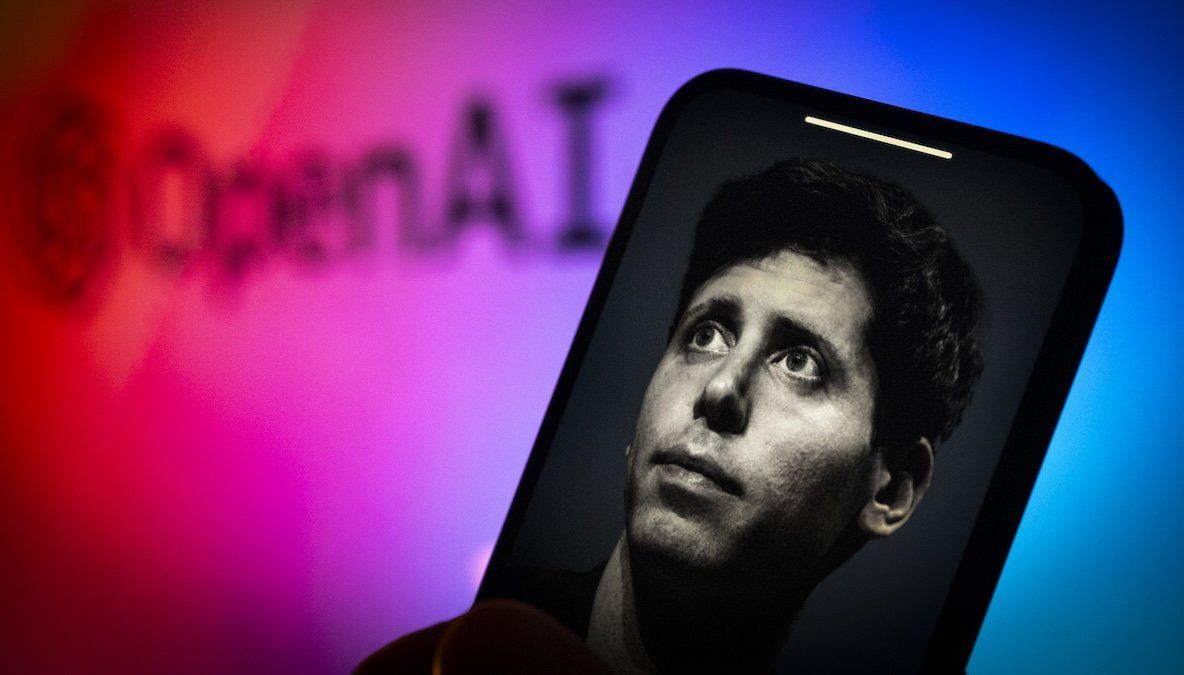Sam Altman is seen on a mobile device screen next to an OpenAI logo in this illustration.
How will it woo them? The startup is set to develop AI “agents” that can complete tasks for users rather than simply chat with them and launch its own search engine while further integrating ChatGPT with Apple products.
OpenAI, which Microsoft backs to the tune of $13 billion, wants to secure its financial future. (Microsoft has been building up its own internal AI capabilities and now considers OpenAI a “competitor.”) One way for OpenAI to grow is by adjusting its subscription revenue model. The company is reportedly considering expanding into advertising as a potential revenue model and hiring ad execs from top tech companies. The AI search engine Perplexity has already integrated ads into its business.
But it is also considering lowering its long-term costs by building data centers across the United States, something cofounder and CEO Sam Altman reportedly discussed with President Joe Biden at the White House in September. Chris Lehane, head of global policy at OpenAI, told the Financial Times that the company needs “chips, data and energy” to meet its expansion goals. Altman has previously expressed interest in raising trillions of dollars for a chip startup, though that hasn’t yet amounted to anything. Altman has, however, invested in Oklo, a nuclear power startup, that could power energy-intensive data centers.
Infrastructure investments could be key to a sustainable future as it grows — the company is reportedly losing billions a year training and deploying its models. But as Silicon Valley startups often go, profitability — or breaking even — could come long after achieving a user base in the billions.
